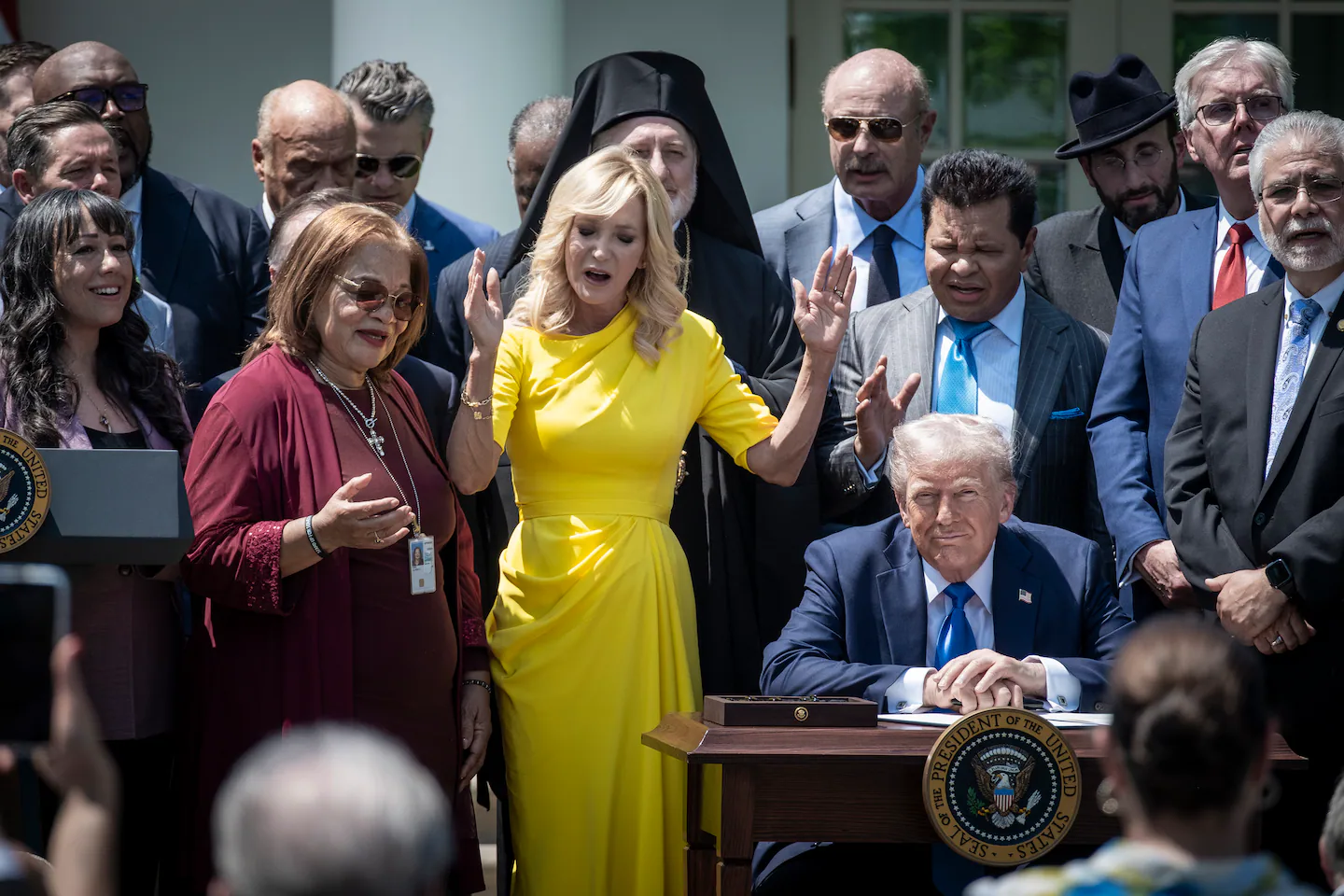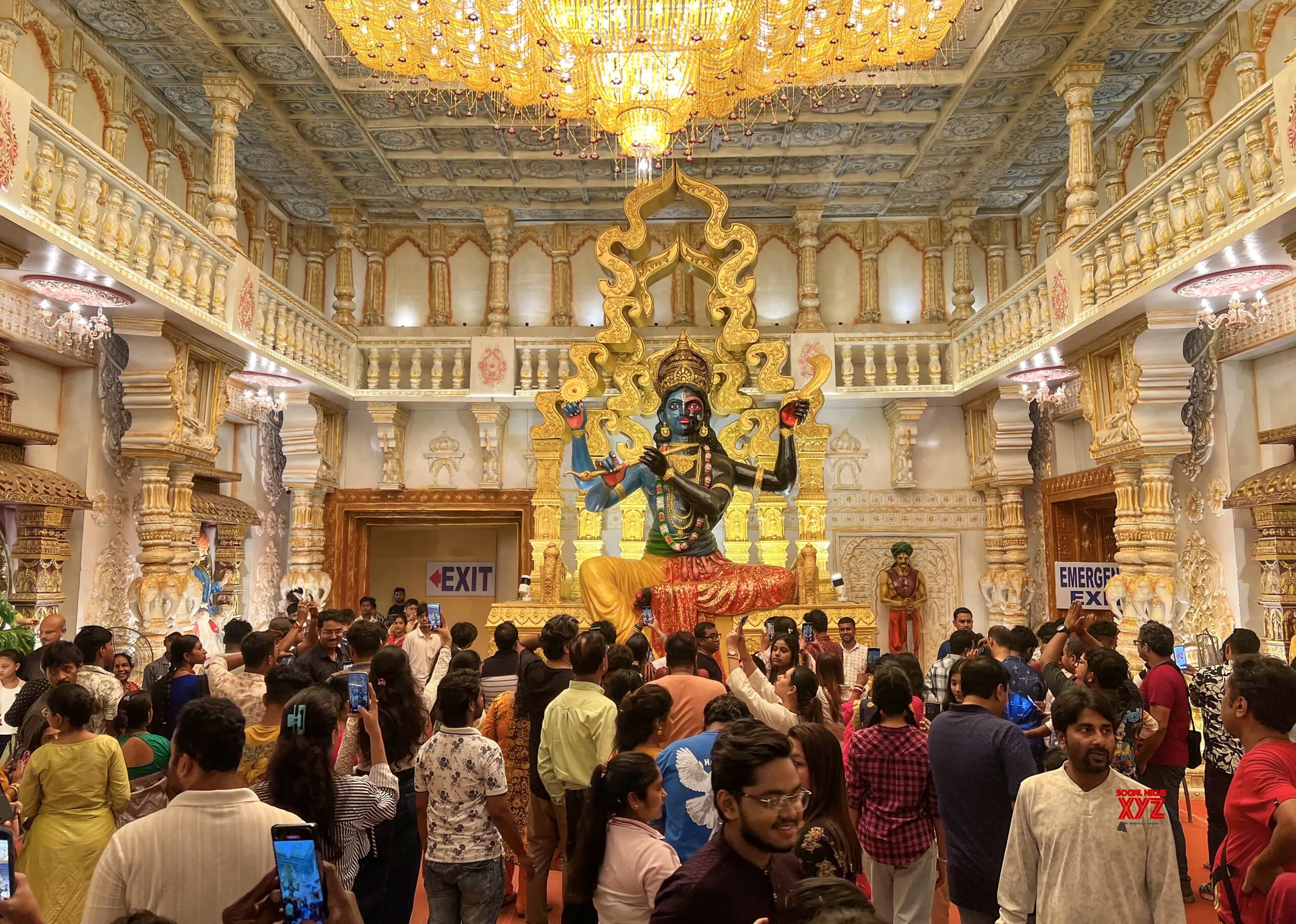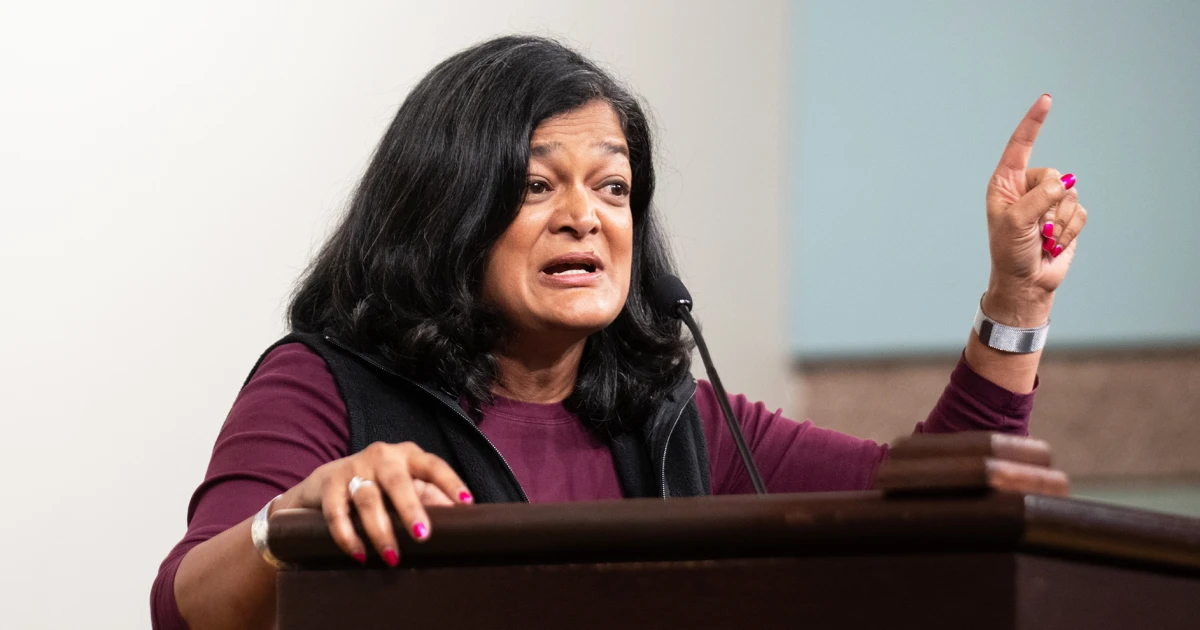Copyright The Boston Globe

Prodded by a reporter this month to elaborate, he repeated the lament without much more explanation. “I’m being a little cute,” he said. But he went on: “I don’t think there’s anything that’s going to get me into heaven. I think I’m not maybe heaven-bound.” Trump is hardly the first 79-year-old to dwell on what may come after he departs this mortal coil — or to wonder whether he has earned entry into the pearly gates. But it is so unlike Trump to express self-doubt that his public rumination has raised questions. What is on his mind lately that makes him fear his fate in the hereafter? What sins might he be regretting? He has not clarified his thinking, at least not on camera, nor for that matter has he shown any public signs of repentance for scandals that he may believe hold him back from grace. And yet the president’s curious contemplation comes at a time when Trump seems to be seeking a form of immortality. If absolution is out of reach, perhaps there are more achievable ways of living beyond his natural time on this earth. And so the man who over a long career in business slapped his name on buildings around the world now seems intent on leaving his mark in even more grandiose fashion. He demolished the East Wing of the White House last week to make way for a vast, gilded Trumpian ballroom. He wants to erect an arch at the entrance to Washington that resembles Napoleon’s Arc de Triomphe. He is even considering having the government issue a new $1 coin with his face on it, something no president has done in nearly a century. Presumably none of that would provide a speed pass to paradise, but it might help satisfy Trump’s craving for glory that will outlast his time in office. As it is, his on-again, off-again flirtation with the idea of running for an unconstitutional third term makes clear his reluctance to cede the stage. All presidents want to leave a legacy once they do depart, historical and often physical — see Barack Obama’s new towering presidential library rising in Chicago, called the “Obamalisk.” But none in modern times have gone to the lengths that Trump has to put his personal stamp on national landmarks. And the two times he talked about heaven recently came in the context of the cease-fire that he brokered in the Gaza Strip and his efforts to negotiate peace in Ukraine, in effect offering those as his argument for salvation. “Trump is trying to figure out The Art of the Heavenly Deal,” said Peter H. Wehner, a former White House adviser to President George W. Bush who has written extensively on religion and politics. “Trump is hoping he can convince God that he deserves a place in the Holy of Holies. God, not Trump, will be the ultimate judge of that. That’s true for Trump, and it’s true for all of us.” The challenge for the president, Wehner added, is that his usual methods for getting his way are not particularly suited to Judgment Day. “Trump can’t weaponize the federal government against God,” Wehner said. “He can’t force God to sign an NDA. He can’t cut off federal funding to God” or “intimidate God into silence, or threaten God with a primary challenge, or threaten God with a lawsuit.” Aides have not explained Trump’s thinking but said he was building a record as president to be proud of. “President Trump’s legacy will be remembered across the world for all of history as the peace president,” Taylor Rogers, a White House spokesperson, said in response to questions. “President Trump,” she added, “has brought hostages home, ended numerous wars, stopped human trafficking and drug smuggling across our border” and created a faith office in the White House and a religious liberty commission. He has also done things — by his own admission or the findings of courts — that would violate at least some of the Ten Commandments, including adultery, lying, taking the Lord’s name in vain, and, if one counts business fraud, stealing. Nor is he a stranger to most of the seven deadly sins: pride, greed, wrath, envy, lust, gluttony, and sloth. His critics point to a civil verdict of sexual abuse, a criminal conviction stemming from covering up hush money payments to a porn star, his self-enrichment in office, and his degrading treatment of God’s other children, including immigrants. Trump’s musings about the afterlife come at a time when he has been testing the thou-shalt-not-kill commandment by ordering deadly strikes without due process or substantive legal justification against alleged drug smugglers posing no imminent threat. Nearly every modern president, of course, has authorized deadly force at some point, although many legal experts contend that killing civilians, even criminals, without trial stretches, if not breaks, the bounds of law. Trump argues that the suspected drug runners are the equivalent of enemy soldiers in wartime. It might not be surprising for a man nearing the end of his eighth decade to be taking stock. But it is surprising for Trump, who rarely engages in the kind of public introspection that would entertain doubt about his worthiness for heaven. “Trump’s statement is surprising, if not shocking, given the hubris he often displays and his desire to be thought of highly by Christians, especially evangelicals,” said Gary Scott Smith, a professor emeritus of history at Grove City College and the author of books on presidents and religion. “While other presidents may have ruminated about this issue privately, I am not aware of any of them making a public statement questioning whether they will go to heaven.” Trump rarely goes to church, rarely quotes Scripture, and rarely cites religion as a force in his life. Yet he has become a favorite of many religious conservatives, who see him as a vessel for achieving important goals — notably, the appointment of Supreme Court justices who voted to overturn Roe v. Wade.



